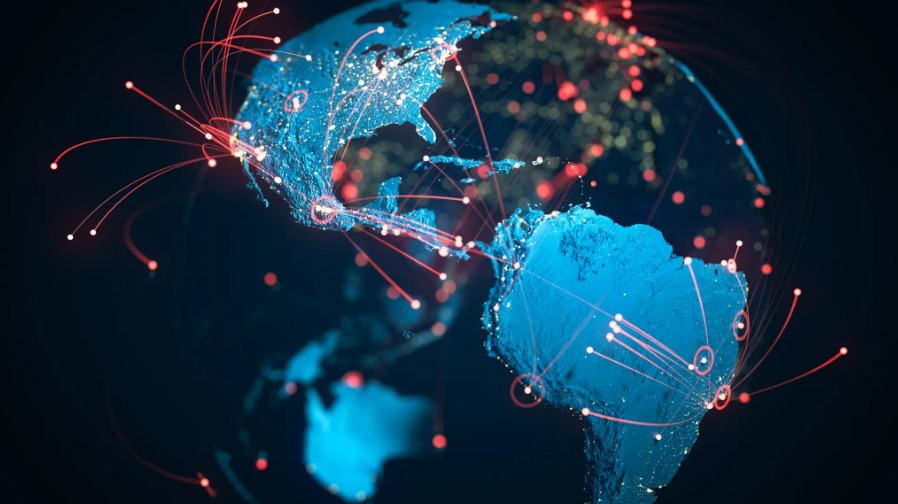




Geopolitics
There’s a quiet tremor beneath the polished floors of global economic summits—a slow but seismic shift in how money, power, and influence move across the world. You may not feel it during your morning coffee, but rest assured: the gears of the global economy are grinding into a new rhythm. The question is no longer “if” the global economic order is changing—it’s “how” and “what it means for all of us.”

For most of the 20th century, the world spun on an axis defined by Western dominance. Agreements like Bretton Woods laid the financial foundations, establishing the International Monetary Fund and the World Bank, institutions that tethered global finance to the U.S. dollar. This system wasn’t perfect, but it provided a framework that survived wars, recessions, and revolutions.
But just as no empire lasts forever, economic supremacy too is cyclical. Today, new players are rising, and old rules are being rewritten—sometimes subtly, sometimes with a bang. Countries in the BRICS alliance (Brazil, Russia, India, China, South Africa) are proposing alternatives to Western-led financial models. Bilateral trade agreements in local currencies are sidestepping the dollar, reshaping the chessboard of global exchange.
While the U.S. dollar still accounts for the majority of global reserves, cracks are showing in its armor. Some countries are actively reducing their dependency on it, creating trade corridors that prioritize their own monetary sovereignty. The result? A slow but deliberate move toward a multipolar currency world—where power is shared, not centralized.
China, for instance, is promoting the international use of the yuan, linking it to massive infrastructure projects under the Belt and Road Initiative. While the yuan isn’t yet a true competitor in terms of liquidity or trust, the symbolism is loud and clear: the East is no longer content to play second fiddle.
We’re not just witnessing a currency shift—we’re seeing a redefinition of influence. Energy producers like Saudi Arabia are forging closer ties with China and Russia. African nations, long tethered to Western institutions, are exploring investment from Asia. As these realignments grow, so too does the pressure to redefine who writes the rules of global trade and development.
The pandemic, the war in Ukraine, and escalating climate emergencies have only accelerated this process. Supply chains are being shortened. Trade is becoming more regional. The era of boundless globalization is making way for a new model—one built on resilience, not just efficiency.
Technology is throwing gasoline on this economic fire. Central banks are testing Central Bank Digital Currencies (CBDCs), promising faster, more secure transactions. The digital yuan is already in circulation in parts of China. The EU and the U.S. are cautiously following suit.
This digitization isn’t merely technical—it’s profoundly political. Whoever controls the rails of digital money may one day control the arteries of global commerce. And just like that, financial infrastructure becomes a new battleground—less visible, but no less consequential.
All these changes aren't abstract—they affect real people. The price of imported goods, the value of your national currency, the interest on your mortgage, and even the security of your job are tied to these global power plays. When the U.S. sneezes, the world still catches a cold. But if China coughs, what happens now?
Financial literacy, diversification, and policy foresight will be the shields and swords of this new era. Understanding how inflation, interest rates, and monetary policy interact with geopolitics is no longer the realm of economists alone—it’s essential knowledge for all of us.
The global economic order is undergoing a profound transformation—less a revolution, more an evolution with bursts of disruption. The old system is not collapsing overnight, but it is adapting, being challenged, and slowly reformulated.
As we look ahead, one truth becomes apparent: stability will come not from holding onto the past, but from engaging with the emerging new order—one where cooperation might matter more than domination, and where flexibility could trump legacy. In this high-stakes game of financial musical chairs, those who pay attention won't just survive—they’ll find their rhythm and lead the dance.